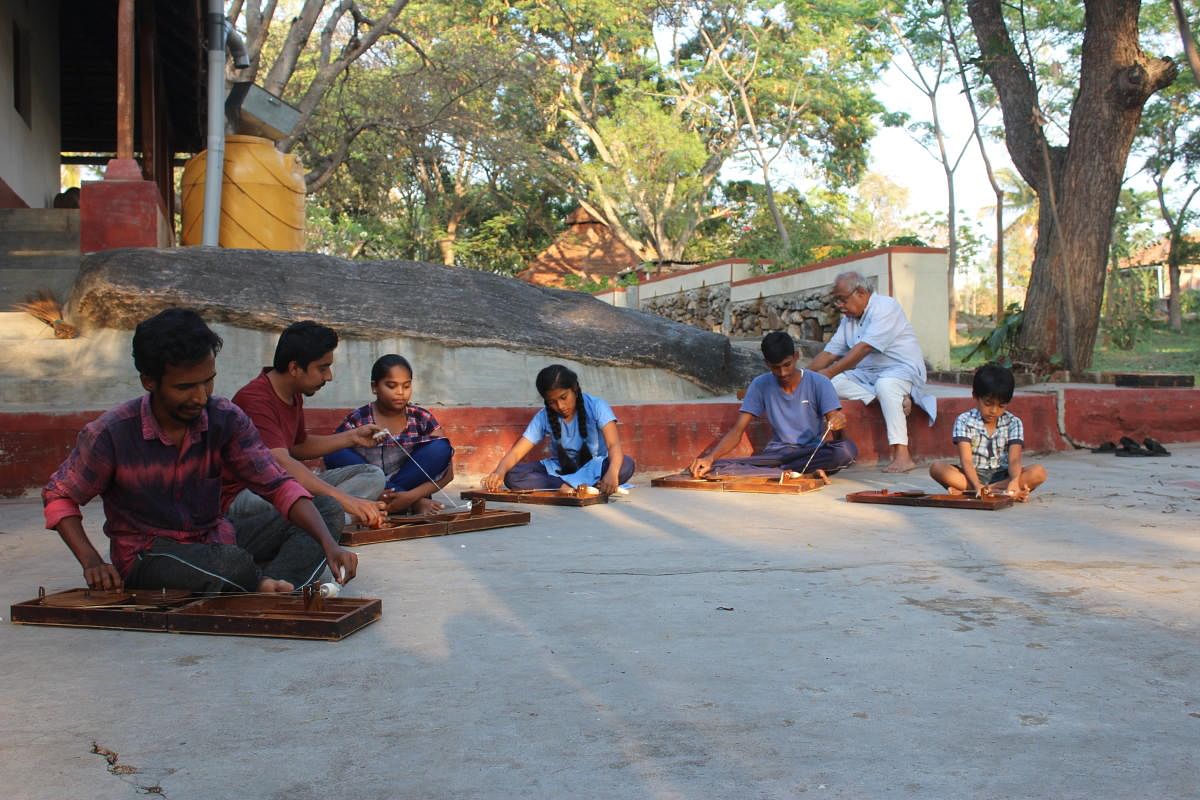By Sumanas Koulagi
I could sense a dramatic change in my personal and collective life in the last couple of weeks. The coronavirus pandemic has created a new reality where health has become a primary concern. The majority of the news platforms from print to social media are busy discussing the ‘courageous’ acts of the government in tackling the pandemic while largely sidelining the devastating impact of the poorly planned lockdown on lakhs of poor migrants and marginalised.
At this juncture, I came across an appeal by Gram Seva Sangh, a federation of constructive work organisations in Karnataka. The appeal requested people to undertake voluntary fasting for a day from 6 am to 6 pm as atoning for the sins that we have committed against these sections of the society. It was clearly a Gandhian approach to bring social reforms. For Gandhi, ‘what the eyes are for the outer world, fasts are for the inner’.
Although I found fasting as strange in the first instance, I decided to push myself into the experiment to see its result.
When I started the fast along with a few of my family members and friends, I was repeatedly bombarded by questions like what is the point of fasting? How is it going to help millions of impoverished people?
As a part of the exercise, we took an early morning walk, sang prayers, carried out hand spinning on the charkha and watched Attenborough’s Gandhi.
Surprisingly, the questions were resolved during the experiment. The experience of hunger helped me seriously self-reflect by connecting more closely with the plight of the disadvantaged communities and trace out the root cause for the ongoing crisis.
The lives of individuals are intricately linked in the globalised world. A tiny virus found in a distant corner of the globe could alter a life of an individual situated somewhere in a faraway location. There is a need to recognise this interconnected life to deal with pandemics. Such recognition can be obtained primarily through understanding the material relations in which we are embedded. Tracing the contribution of other human and non-human beings in the supply of essential materials like food and clothing could act as an initial step towards such a recognition.
The tracking pushes one to transcend the narcissistic self and identify oneself with the larger society and the environment. Such efforts to make
moral connections with the material transaction compels a person to transcend differences produced out of religion, caste, gender, age, sexuality and so on.
It demands us to ask question like where the essentials are produced? Who produces them? In what condition the essentials are produced? These questions in turn helps uncover the role of others in our existence. It induces more compassion in people, which is necessary to prevent the viral outbreaks. The compassion encourages to reduce ecological destruction, the key source of
pandemics and social inequality that engenders its spread.
Further, the present situation particularly of migrant workers can be attributed to the deep-seated disrespect for physical work. If we had respected labour, then a large section of the society would have stayed in their places, and the current migration crisis would not have been so severe. Therefore, it is of utmost importance to support the handmade sector as much as possible to bring back the lost dignity of labour in our immediate surroundings and overcome the subhuman condition of migrant workers in the longer run.
In brief, I had never thought that the act of fasting could yield such a profound impact on our minds!
(Sumanas is a development researcher)
